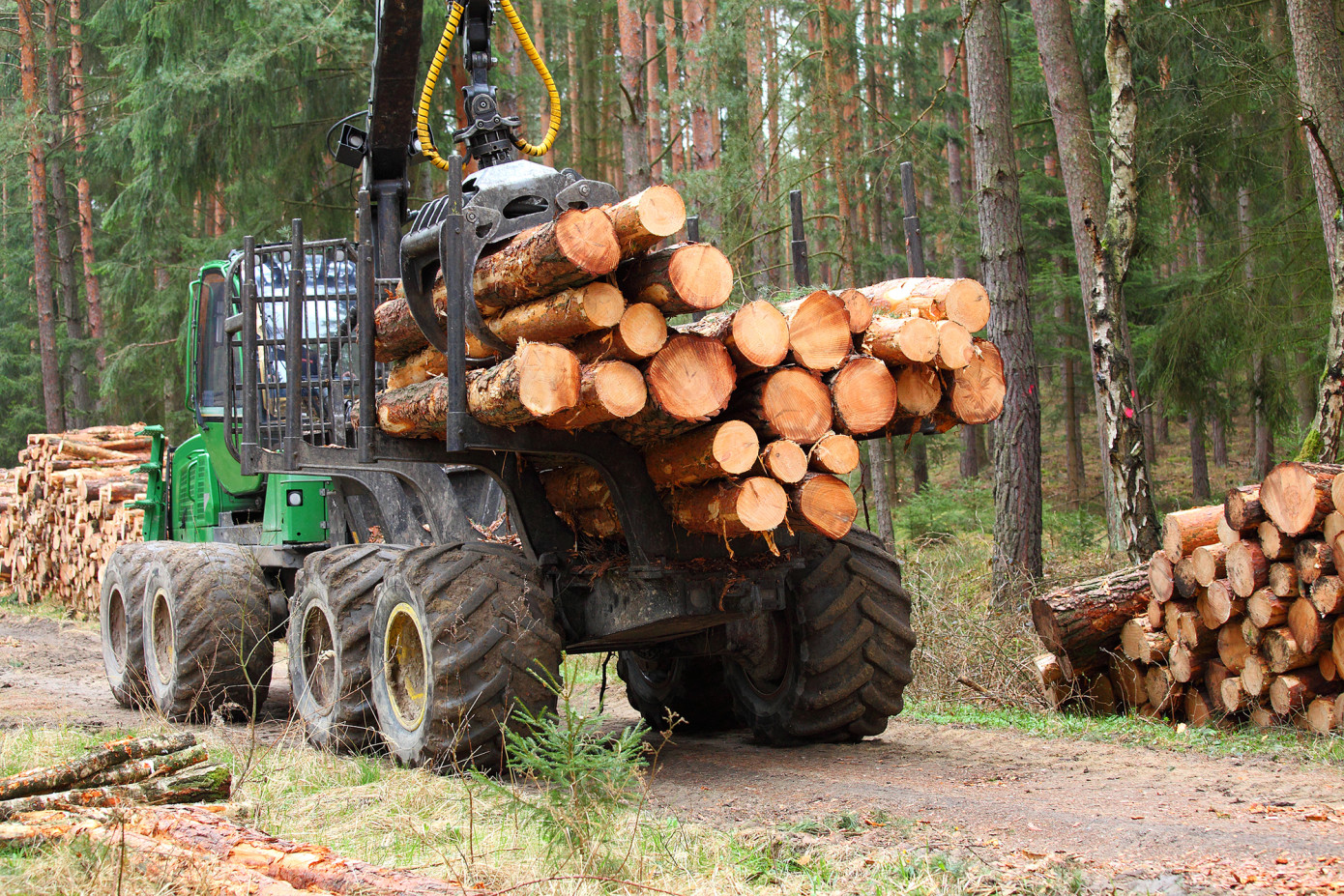The European Commission has announced a proposal to extend the phasing-in period for the EU Deforestation Regulation (EUDR) by 12 months, responding to growing pressure from international governments and industry groups. If approved by the European Parliament and the Council, the law will take effect on 30 December 2025 for large companies and 30 June 2026 for micro- and small enterprises. The Commission also published additional guidance to aid stakeholders in implementing the regulation effectively.
The decision comes after increasing calls for a delay due to concerns about the regulation's potential economic impact and uneven preparedness across global stakeholders. In the U.S., a bipartisan group of over 40 lawmakers led by Representative Michelle Steel (R-CA) is calling on President Joe Biden to intervene. They warn that the regulation could disrupt the U.S. forestry industry and transatlantic trade. In a letter signed by 73 members of Congress, the group argued that U.S. producers are not yet prepared to meet the EUDR's requirements, citing a lack of clarity on data and compliance measures. The lawmakers requested a two-year delay to provide stakeholders enough time to prepare, emphasizing the shared goal of addressing deforestation while avoiding unintended economic fallout.
Last month, Erik Haara, CEO of the Swedish Federation of Wood and Furniture Industry (TMF), and Viveka Beckeman, CEO of the Swedish Forest Industries Federation (SFIF), urged the Swedish government to advocate for postponing the EUDR. They warned that the regulation, in its current form, could harm local businesses unless adjustments are made.
Brazil, one of the world's largest exporters of agricultural products, also raised concerns earlier in September. In a letter to the European Commission, Brazil's government requested a delay and revisions to the law, citing fears that the regulation could affect nearly one-third of its exports to the EU. The Brazilian government highlighted that products such as soy, beef, and coffee, key drivers of Brazil's economy, might be significantly impacted by the EUDR's stringent deforestation-free supply chain requirements.
In March, the German, Austrian, and Swiss wood industries voiced their apprehension, with associations describing the regulation as a looming "sword of Damocles" over their sector. After conducting test phases that revealed significant challenges in compliance, they urged the EU to reconsider the regulation's timeline.
The European Commission has reiterated its commitment to the EUDR’s objectives, aiming to curb deforestation linked to key goods such as soy, beef, palm oil, and coffee. Between 1990 and 2020, deforestation claimed 420 million hectares of forest globally—an area larger than the European Union. The Commission views the additional 12 months as a necessary step to ensure smooth implementation while safeguarding businesses.
Key changes expected in EUDR due to 12-month delay
In conjunction with the proposed extension, the European Commission unveiled additional guidance documents to support companies and enforcement authorities. The guidance clarifies key terms such as "forest degradation" and "operator" and provides updates on traceability obligations and penalties. It also offers practical scenarios to help businesses navigate compliance.
The Commission will also introduce a country benchmarking system to classify countries as low, standard, or high risk, which will help streamline due diligence processes for operators. Most countries are expected to be classified as low risk, allowing efforts to focus on areas where deforestation is most severe.
The Commission is enhancing international cooperation to support a just and inclusive transition to deforestation-free supply chains, particularly in countries where the regulation could have far-reaching economic impacts. New training, support tools, and an IT system for due diligence statements are set to be launched by the end of the year.
The EU Deforestation Regulation is a key part of the bloc’s broader environmental strategy, addressing climate change and biodiversity loss. While the additional phasing-in period is designed to alleviate concerns and improve preparedness, the Commission is urging swift action from global stakeholders to meet the law's ambitious goals.
What will be next
The European Commission’s proposal for a 12-month delay in implementing the EU Deforestation Regulation now awaits approval by the European Parliament and the Council of the European Union. Both legislative bodies must review and adopt the proposal before it becomes law, ensuring that large companies have until 30 December 2025 and micro- and small enterprises until 30 June 2026 to comply with the regulation. The extension aims to provide stakeholders with additional time to meet the requirements and address concerns raised by global partners.
The Swedish Forest Industries Federation (SFIF) welcomed the Commission's proposal and urged the European Parliament and the Council to swiftly approve it, emphasizing the need for urgent clarifications on traceability, particularly in industrial facilities. SFIF Director General Viveka Beckeman called the proposal a vital step toward reducing administrative burdens while supporting the regulation’s goals to halt deforestation linked to agricultural crops, livestock, wood, and fiber products.
